Hassle-free holiday travel to Vietnam
 |
| The granting of e-visas is considered a significant breakthrough to develop smart tourism |
The exemption, which came into force in October, reduces procedures for visitors applying for a visa and is highly appreciated by experts as a factor in attracting foreign tourists to Vietnam. The visa policies reflect the government’s determination to reform administrative procedures in the 2016-2020 period.
Accordingly, nationals of certain countries and regions may visit Vietnam without the need for a visa. As listed, citizens from Chile can stay in Vietnam for a period of up to 90 days without a visa. Nationals from countries like Cambodia, Indonesia, Kyrgyzstan, Laos, Malaysia, Singapore, and Thailand can stay for a maximum of 30 days.
Citizens from the Philippines can enjoy a visa-free stay for 21 days, while those from Brunei and Myanmar can stay for 14 days. Citizens from the UK, Spain, Sweden, Belarus, Denmark, Finland, France, Germany, Italy, Norway, Russia, Japan, and South Korea can stay in the country for a maximum of 15 days.
Easier visa application procedures for foreign tourists, as well as visa exemptions for visitors, especially those from the UK, France, Germany, Italy, and Spain have helped attract more tourists from these markets. Western arrivals to Vietnam has soared in recent years, with 720,000 in 2015, 855,000 in 2016, and 1,500,000 in 2017.
In the first five months of this year, foreign arrivals to Vietnam surpassed 6.7 million, up 27.6 per cent annually, according to the General Statistics Office. The number of European visitors rose by 11.8 per cent year-on-year, including those from France (13.1 per cent), the UK (9.6 per cent), Germany (8.5 per cent), and Italy (18.3 per cent).
According to the World Economic Forum’s Travel and Tourism Competitiveness Report 2017, Vietnam rose eight places in just one year to 67th in the world.
Vietnam is among the countries with the strictest visa policy in Asia. However, the visa exemptions to visitors from 24 countries and territories as well as the e-visa policy, which is now available to people from 46 countries and territories, is a definite step towards alleviating the situation.
After two years, the National Assembly agreed to pilot a system to grant electronic visas, known as e-visa, or passport-holders from 46 nations. Since then more than 271,530 foreigners have entered Vietnam with e-visas and revenue from the issuance of e-visa has amounted to VND195 billion ($8.3 million).
On November 5, the National Assembly (NA) Standing Committee has voted in favour of the extension of the implementation of Resolution No.30/2016/QH14 on the piloted issuance of e-visas for foreigners entering Vietnam, by two more years, starting from February 1, 2019.
Visas are issued within three days – an improvement against the current processing time of one week – are valid for 30 days, and are available from the website of the Ministry of Public Security’s Vietnam Immigration Department. Payment can be made via bank transfer. This guarantees transparency and convenience, as well as minimises intermediate costs. Notably, letters of guarantee or invitation are no longer required under the new online visa application system.
Between February 1, 2017 and October 15, 2018, the Vietnamese immigration authorities have issued 336,932 e-visas to foreigners who mainly travel through international airports, with a few entering Vietnam via border gates and seaports.
Minister of Public Security, General To Lam said the government has decided to experiment with granting e-visas to citizens from 46 countries and territories worldwide, enabling them to enter Vietnam through 28 international border gates around the country, including eight airports, 13 border gates and seven seaports.
The issuance of the resolution is a sound policy, making positive contributions to global integration, Lam said. Furthermore, Vietnam has not detected any signs of breaching national security or complex issues of social safety and order related to e-visa granting.
Many deputies stressed the need to continue piloting the resolution in order to develop tourism, thus contributing to socioeconomic development.
Deputy Dinh Cong Sy from the northern mountainous province of Son La suggested adding columns for feedback from foreigners on procedures on the portals.
Before the extension was voted on, the NA Committee for National Defence and Security proposed reviewing the risks that allowing foreigners’ entry to Vietnam using e-visas pose to national security and social safety and order.
Deputy Luu Binh Nhuong from Ben Tre province agreed, saying that it would be important to establish whether illegal foreign workers remaining in Vietnam are linked to e-visas.
As the review found no linkage between the e-visa policy and crime or illegal foreign workers, the NA could go ahead with the vote.
Actually, the advent of the Fourth Industrial Revolution has bolstered development in all fields of the Vietnamese economy, including smart tourism, with the expectation of an increased number of foreign visitors to Vietnam.
| Vu Tuan Phong Asiana Travel Vietnam Visa exemption and e-visa issuance are very important factors in attracting more foreign visitors to Vietnam. However, in order to increase effectiveness, the authorities should continue to consider implementation of visa exemption/extension for more countries when coming to Vietnam. Ngoc Nguyen Vanasia Travel The visa exemption actually has a positive impact in attracting European tourists to Vietnam, with the number of international tourists, especially from the five European countries of the UK, France, Germany, Italy, and Spain, increasing sharply since the exemption approved. Phuong Nguyen Custom Vietnam Travel l The extension of e-visas for foreign tourists is like an invitation for them to come to Vietnam. We can see the effectiveness of e-visa issuance and visa exemption policies when we look around in the world, especially through the development of tourism in Thailand. Nguyen Ngoc Bich Everland Travel We are very supportive of continuing visa exemption for tourists from potential markets such as Germany, the UK, France, Italy, and Spain. Citizens of these European countries enjoy visa exemption and show high spending potential during their visits to Vietnam. |
What the stars mean:
★ Poor ★ ★ Promising ★★★ Good ★★★★ Very good ★★★★★ Exceptional
Related Contents
Latest News
More News
- Trump's trade policies could shape Vietnam's economic outlook: Dragon Capital (November 15, 2024 | 16:56)
- Prioritising corporate governance for Vietnam’s sustainable growth (November 14, 2024 | 16:50)
- Vietnam eyes nuclear revival to bolster energy security (November 14, 2024 | 16:46)
- German businesses explore investments in Dong Nai (November 08, 2024 | 18:02)
- Vietnamese consumer sentiment outperforms regional averages (November 08, 2024 | 18:00)
- Exchange and interest rates forecast to remain stable after US election (November 07, 2024 | 14:04)
- Industrial real estate stocks benefit from US election results (November 07, 2024 | 13:56)
- 2024 sees $1.41 billion in fintech funding so far (November 07, 2024 | 08:13)
- Trump at 266 electoral votes, Harris at 195: US media (November 06, 2024 | 14:30)
- Hanoi targets digital and high-tech investment with upcoming event (November 06, 2024 | 13:28)




 Tag:
Tag:





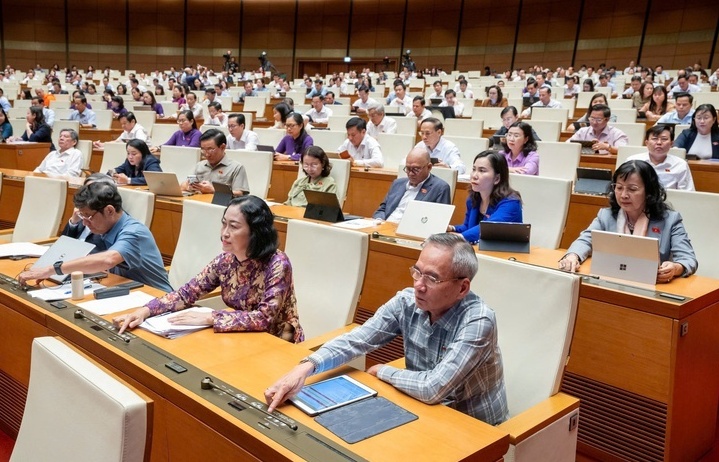
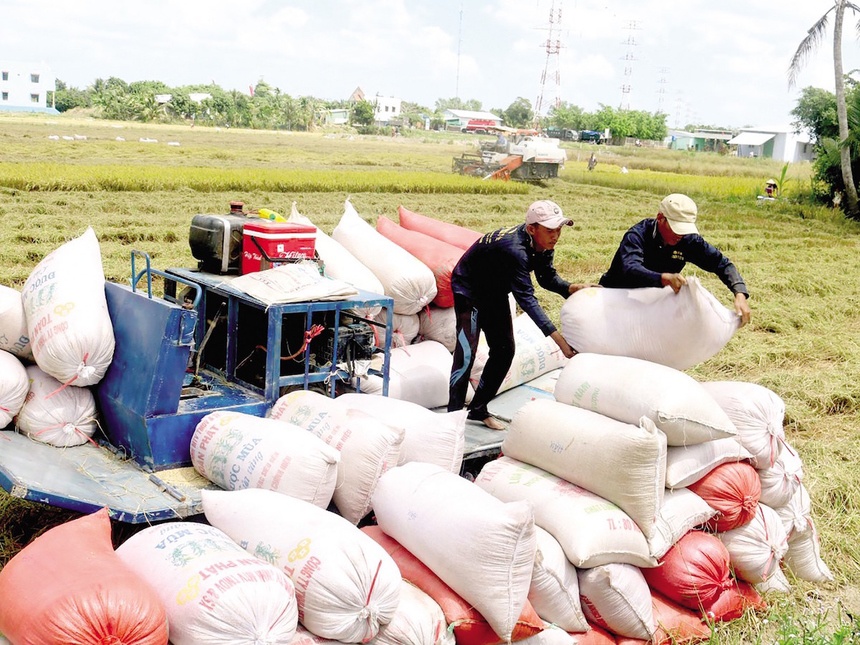
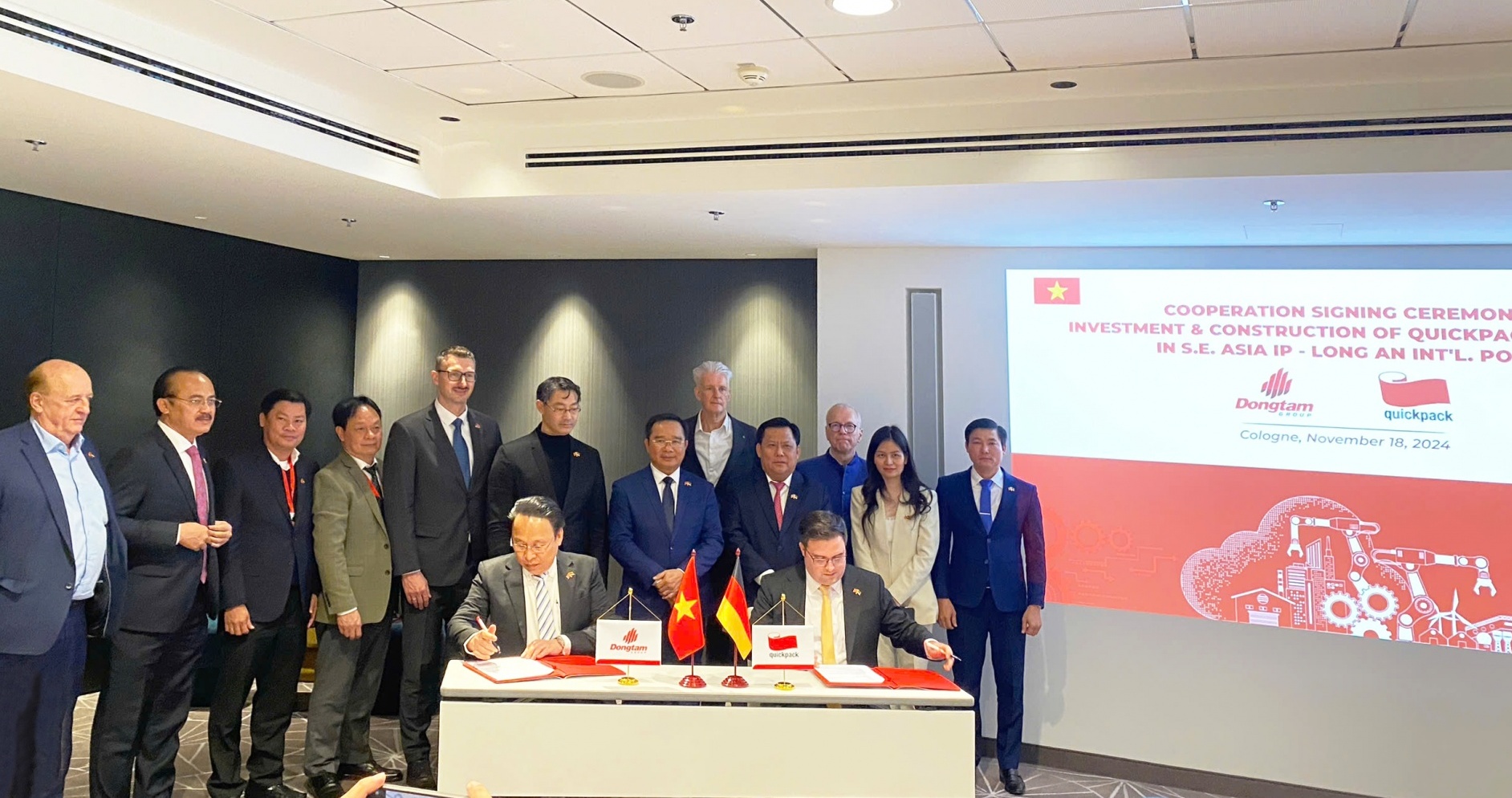
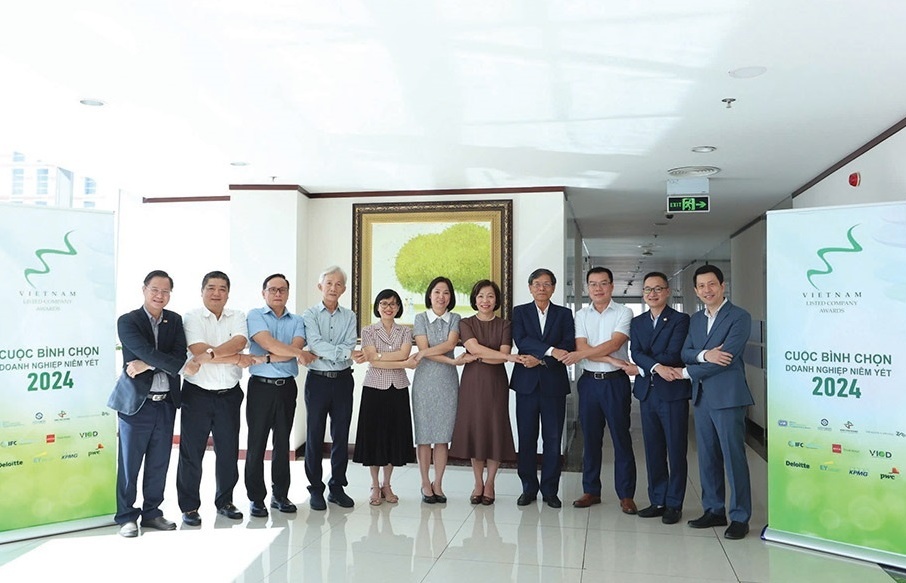
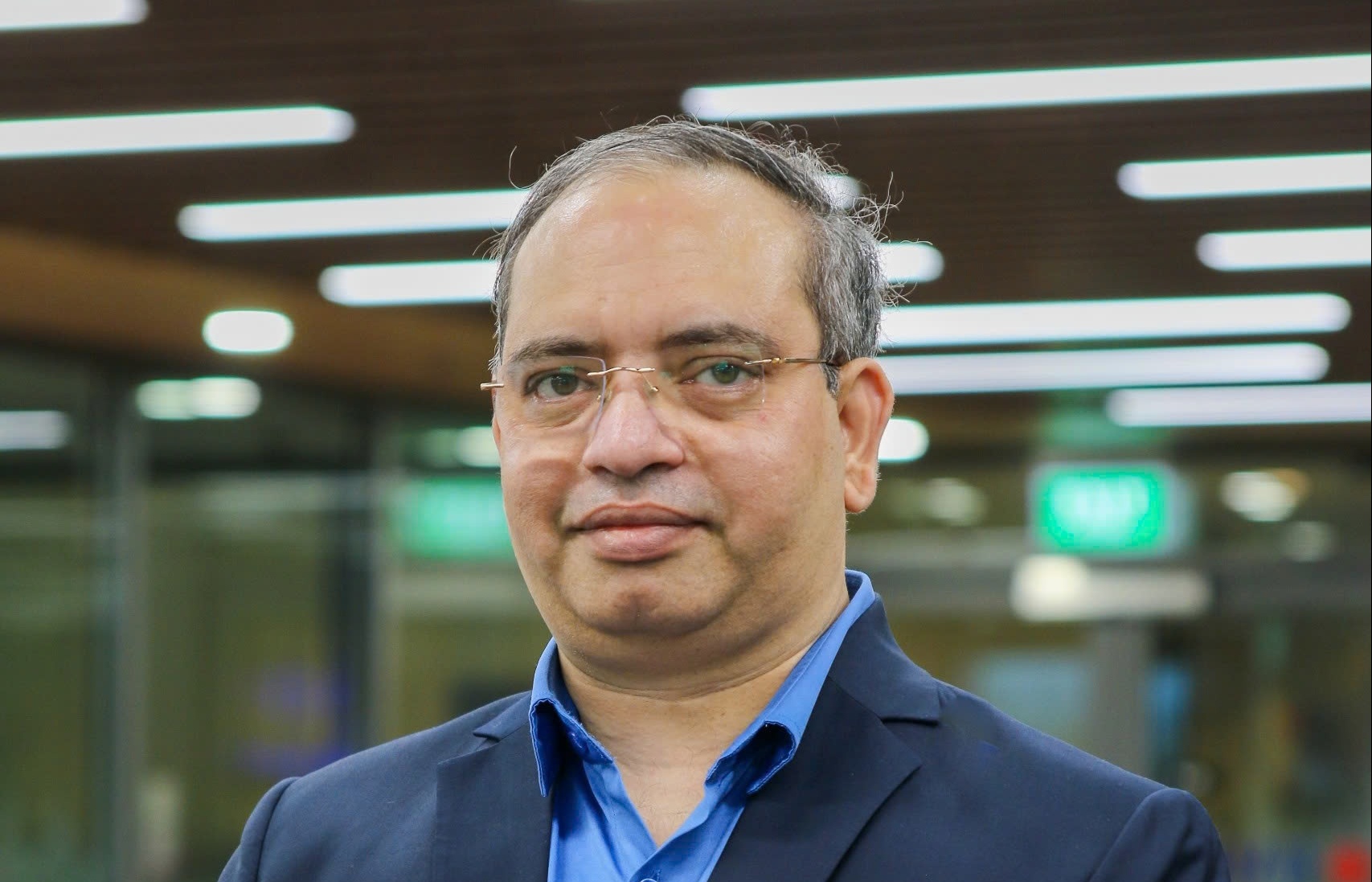




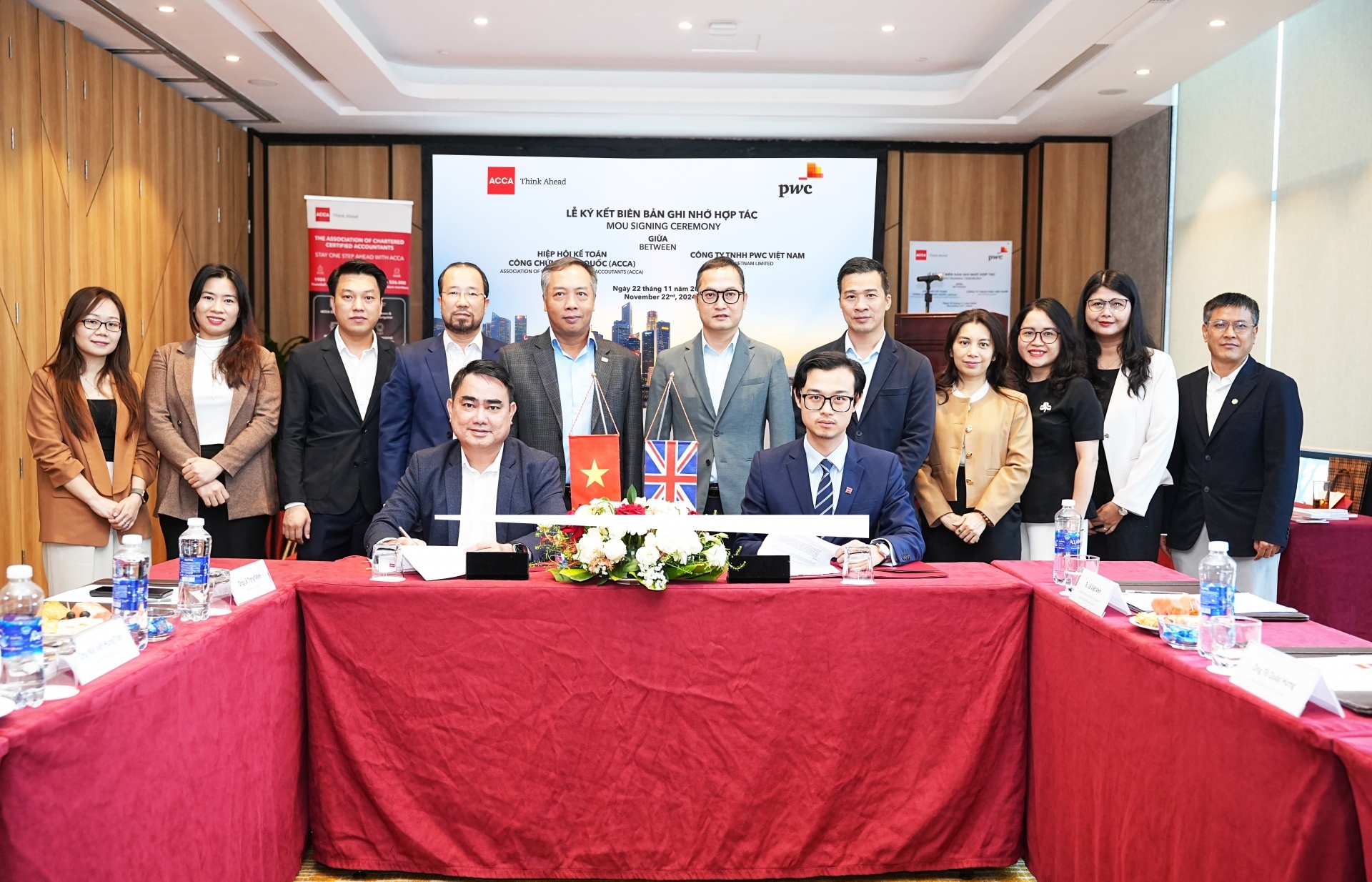



 Mobile Version
Mobile Version